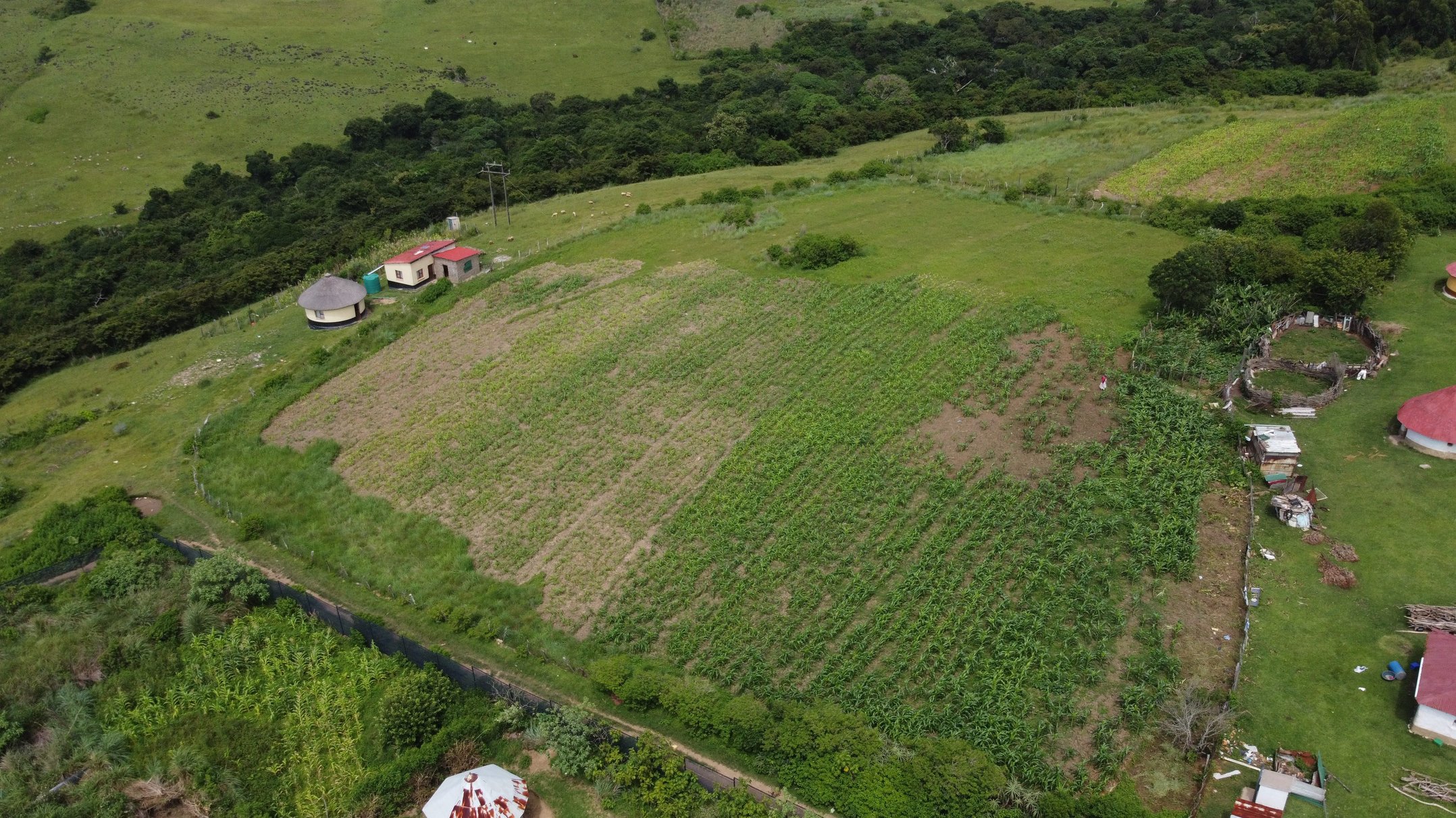NEWS
May 29, 2023

IN BRIEF
#PowerUp is a series of articles honing in on how South Africa’s electricity supply crisis is affecting young people. Written by Thobeka Bhengu In a statement on food security from 1983, the Food and Agriculture Organization said, “Every individual should have access to the basic food items which they need for a better lifestyle”. South Africa is facing its biggest electricity crisis since planned power outages began in 2007. The problem is causing irreversible disruption in the security of affordable food. While the country is experiencing four to eight hours or more of load shedding per day, a looming [...]
SHARE
#PowerUp is a series of articles honing in on how South Africa’s electricity supply crisis is affecting young people.
Written by Thobeka Bhengu
In a statement on food security from 1983, the Food and Agriculture Organization said, “Every individual should have access to the basic food items which they need for a better lifestyle”.
South Africa is facing its biggest electricity crisis since planned power outages began in 2007. The problem is causing irreversible disruption in the security of affordable food. While the country is experiencing four to eight hours or more of load shedding per day, a looming food crisis is imminent. Eskom faces a total collapse of its power grid, and the reality and hopelessness on the ground is debilitating. Farmers, producers of cold-chain products, and small distributors in our communities are bearing the brunt of these rolling blackouts, which are impacting food security and the availability of food around the country.
Umbumbulu is a rural area bordered by Madundube on the south-west of Durban and 19 km from the Indian Ocean. In rural areas, power outages can last up to 72 hours. It’s not uncommon for the hundreds of households in the area to throw away perishables due to extended hours of blackouts. While residents face inflation, a high unemployment rate, a high cost of living, and water shortages, we are also knee-deep in a crippling food crisis. Often, load shedding affects water supply in this area and many others.
As an unemployed young person doing freelance work, rolling blackouts have serious socio-economic risks, and it has become increasingly difficult to get employment due to unreliable power and wifi connections. This directly affects the ability to produce work and provide food for oneself. While the community in Umbumbulu is accustomed to unregulated blackouts, in the past few days community members have spoken of the need to stand up and come together. The restlessness is loud as people wait in queues at the local tuck shop in search of food items they can access and discuss the inconveniences of the electricity crisis.
Local business people who provide food items in the region have pleaded for immediate action to avoid a food security crisis due to load shedding. Zimisele Shange, a supplier of cold chain products, says a small local butchery owner has had to halt business as he is unable to keep the doors open in one of the few meat-selling and braai places in the area that provide fresh meat to the locals. He continued to explain how load shedding is taking a toll on his business. “I have experienced losses; the meat has had to be thrown away at least three times,” Shange said.
Lindiwe Zulu, a local restaurant owner who sells food to mostly municipal workers, said she constantly has to turn away customers due to declining food supply and spoiled foods. “Most people have lost hope. Even I am losing hope because I am moving backward instead of forward,” she explained.
A focus on ensuring that generating units at Eskom run at their best would increase energy availability and a strict maintenance plan could help avoid regular breakdowns, while the sourcing of alternative energy is underway. A plan to rebuild Eskom that was announced in 2022 by the president has evidently been ineffective. If the electricity crisis continues to plummet for the next few years, food security will be in serious decline. Along with elevated costs of living, it could wreak havoc and likely increase social instability. The country cannot afford any more years of power outages.
